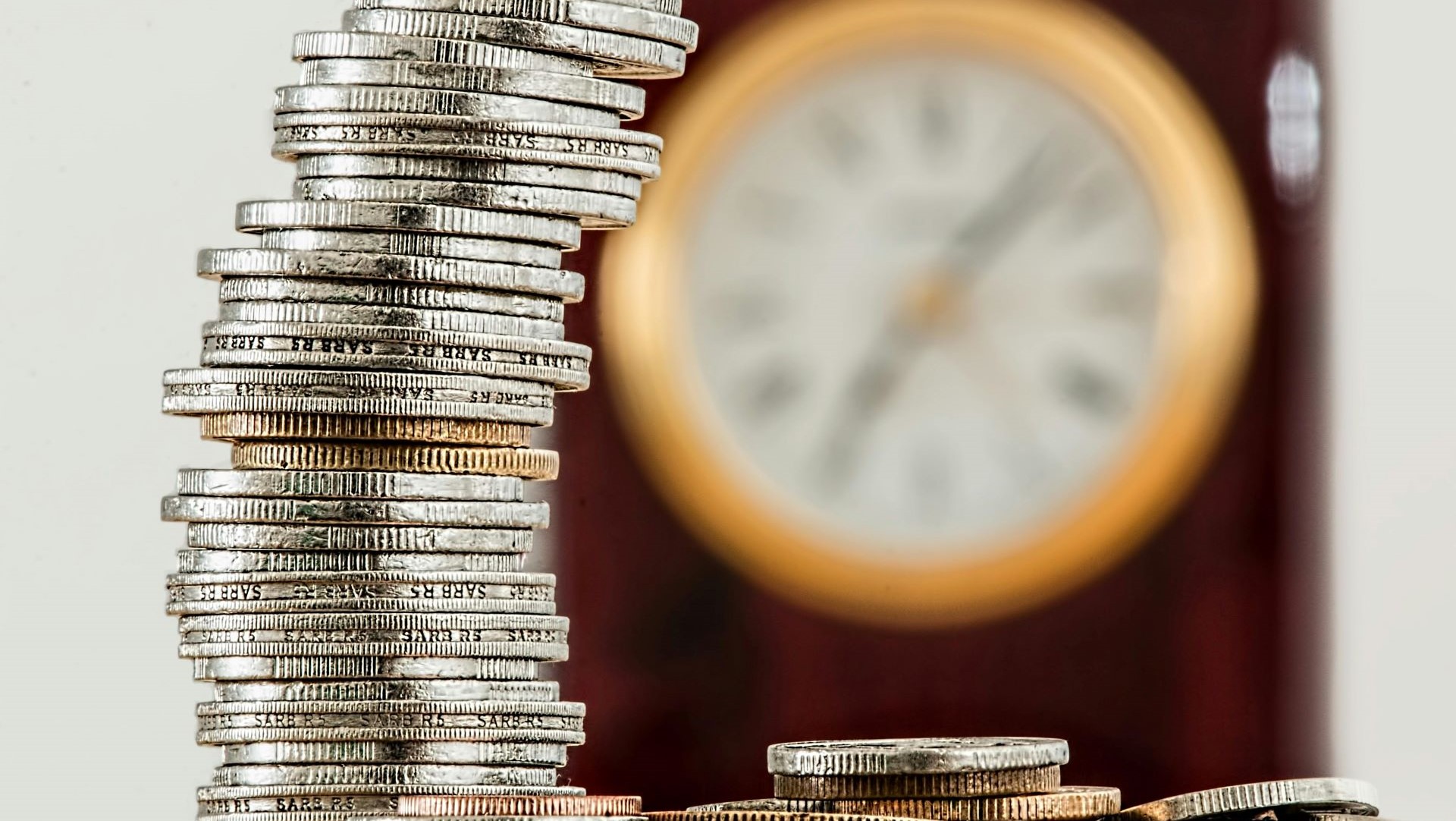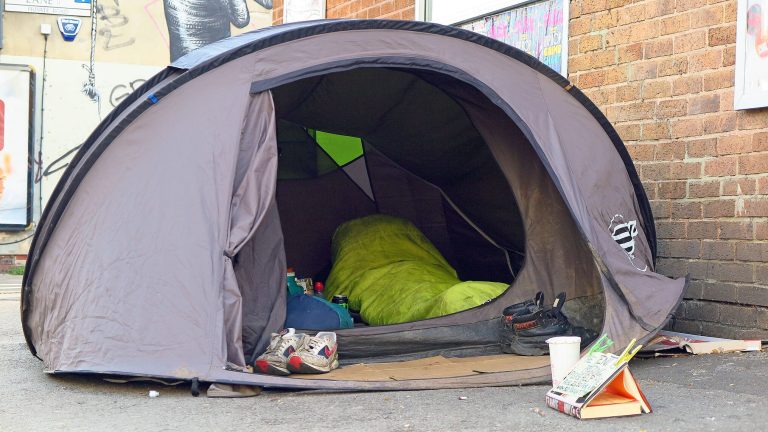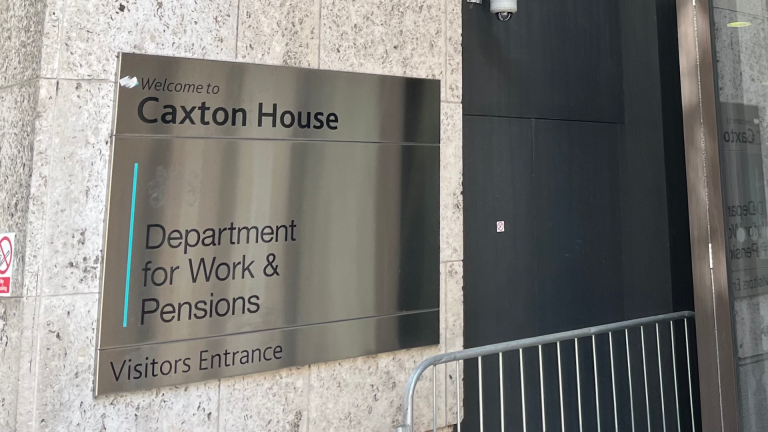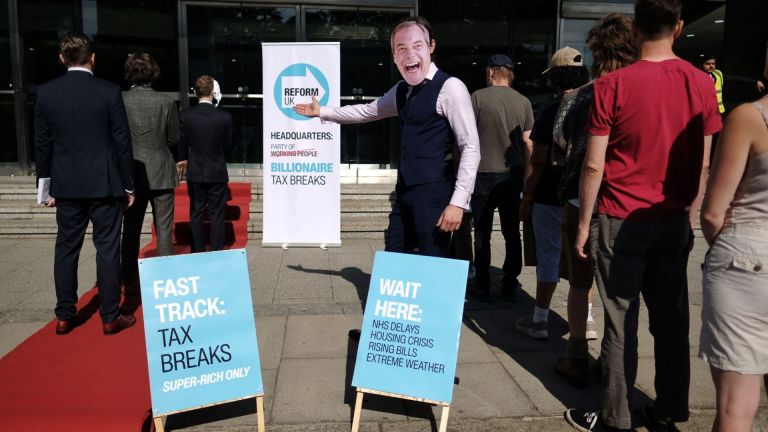So we break it down for you with the basics you need to know about benefits in February 2025 – including what date you might get your benefits, changes over the Christmas period, what to do if a benefit payment is missing, how to know if you could be eligible for more benefits and what other financial support is available.
What date will my DWP benefits be paid in February 2025?
The date your benefit is paid in February depends on what benefit you receive and the date you first received you benefit payment.
Universal credit is paid monthly by the DWP. Attendance allowance, disability living allowance, pension credit, personal independence payment (PIP) and state pension are paid every four weeks after the date your received your first payment.
Carer’s allowance, tax credits (from HMRC) and child benefit are either weekly or every four weeks. And maternity allowance is either every two weeks or every four weeks.
If the date you usually expect your benefit payment falls on a weekend or a bank holiday, then your benefit will be paid on the working day before.
When will my state pension be paid in February 2025?
State pension is usually paid every four weeks. The day your pension is paid depends on your national insurance number.
Advertising helps fund Big Issue’s mission to end poverty
If your NI number is 00 to 019, you’ll be paid on Monday. If it’s 20 to 39, it’s Tuesday. For 40 to 59, it’s Wednesday. If it’s 60 to 79, you’ll be paid on Thursday. And for 80 to 99, it’s Friday.
You’ll be asked when you want to start getting your state pension when you claim, and your first payment will be no later than five weeks after the date you choose.
You might be paid earlier if your normal payment day falls on a bank holiday.
What to do if you haven’t received your benefit payment on the expected day
If your benefit payment hasn’t arrived and you think you should have received it, double check the payment date on your awards notice in the first instance. If there has been a bank holiday or weekend, there’s a chance it may be delayed until the next working day.
After that, contact your bank to ask if there is a payment waiting to go through. The payment might be pending and it might be a simple issue of the funds not having been cleared yet.
And if it’s still missing, it’s time to contact the office which handles your benefit or pension – such as the DWP or HMRC. For example, for universal credit you can use your online account or call the universal credit helpline on 0800 328 5644.
Advertising helps fund Big Issue’s mission to end poverty
For missing PIP payments, contact the PIP enquiry line on 0800 121 4433. If you are receiving tax credits or other financial support handled by the HMRC, contact HMRC.
How do I know if I am eligible for benefits in February 2025?
You could be entitled to benefits and tax credits if you are working or unemployed, sick or disabled, a parent, a young person, an older person or a veteran. You can use a benefits calculator to find out what you might be entitled to claim – including from Turn2Us, Policy in Practice and entitledto.
Citizens Advice offers information and services to help people and they can advise you as to what financial support is available from the government to help you. You can also find local advice services here.
The government’s Help for Households website explains what other support you could be eligible for – and we’ve got a round-up of all the cost of living help available to households here.
What time should you receive benefit payments?
The time you’ll receive your benefit payments depends on your bank and the automated system. Don’t worry if you don’t receive your benefit payment at the same time as someone else.
DWP currently uses the Bankers’ Automated Clearing Services (BACS) payment validation process to make universal credit payments – and that often means people get payments between midnight and early morning.
Advertising helps fund Big Issue’s mission to end poverty
But don’t panic if you haven’t received your payment at the same time you did the previous month. The automated system or your bank may just be lagging.
There are steps you can take if it gets to the following day and you still haven’t received your benefit payment as expected.
How much are benefits going up in 2025?
Benefits will increase by 1.7% from April 2025. This is because benefits are generally increased by the September’s rate of inflation, which was 1.7% – the lowest rate seen in three and a half years.
It will mean an increase of “just a few pounds” each month for most claimants, charities have said.
They have called on the government to raise universal credit so that people can afford the essentials they need to live, like food and toiletries, at the very least.
How much is the state pension going up in 2025?
State pension will increase by 4.1% in April 2025 according to the rules of the triple lock.
Advertising helps fund Big Issue’s mission to end poverty
The triple lock means that state pension rises by whichever is highest: inflation, wage growth or 2.5%. And this year, that was wage growth at 4.1%.
It will mean pensioners receive £230.25 a week for the full, new flat-rate state pension (for those who reached state pension age after April 2016).
And it will be £176.45 a week for the full, old basic state pension (for those who reached state pension age before April 2016).
How do I get pension credit and ensure I get the winter fuel payment in 2025?
The winter fuel payment has been restricted to people on pension credit and other means-tested benefits.
The winter fuel payment is worth up to £300 and was previously paid to all people of a certain age who received state pension to help them pay their heating bill over the coldest months.
Pension credit is an additional benefit paid to those on the lowest incomes, and these people will still get the winter fuel payment.
Advertising helps fund Big Issue’s mission to end poverty
People have to be on a low income, living in England, Scotland or Wales and have reached state pension age to qualify for pension credit. There is a separate scheme for pension credit in Northern Ireland.
You can apply online to get pension credit – and can start your application up to four months before you reach state pension age.
If you are eligible, you should receive the winter fuel payment in November or December.
If you haven’t received your payment by 29 January, 2025, contact the DWP or call the winter fuel payment helpline on 0800 731 0160
Read about how to get pension credit and the winter fuel payment here.
When will the warm home discount be paid?
The warm home discount is applied directly to your electricity bill between early October 2023 and 31 March, 2024.
Advertising helps fund Big Issue’s mission to end poverty
It is a sum of £150 which is granted to low-income households with high energy costs. It is not paid directly to individuals, but it’s money that comes off your bill. You can find out more here.
Are there any cost of living payments planned for 2025?
Unfortunately there are no cost of living payments planned for this year. The last cost of living payment reached eligible bank accounts in February 2024.
But there is other cost of living help available for households who need it, which we’ve rounded up below.
Who gets the affordable warmth scheme in Northern Ireland?
The affordable warmth scheme is a grant in Northern Ireland paid to people who have an income of less than £23,000 a year. It is not available to people living in social housing.
You could get help to install insulation, central heating and new windows to tackle fuel poverty.
The property must not be a holiday home, bed and breakfast or commercial establishment.
Advertising helps fund Big Issue’s mission to end poverty
To make an application to the Affordable Warmth Scheme, people can contact the NI Energy Advice Service by phoning 0800 111 44 55 or emailing NIenergyadvice@nihe.gov.uk
A technical officer will then visit your home to assess what energy efficiency measures might be useful in your home and then, if eligible and funding is there, you may get a grant of up to £7,500 to make your home more energy efficient.
Who gets the winter heating payment in Scotland?
Low-income pensioners in Scotland may receive a pension age winter heating payment instead of the winter fuel payment. This is a tax-free payment of £200 or £300.
As the DWP has means-tested the winter fuel payment, the Scottish government has made the “difficult decision” to means test the winter heating payment. Only people of state pension age who get certain benefits are eligible.
In 2024, the pension-age winter heating payment was paid by the DWP. You should get it automatically. But in 2025, the pension-age heating winter heating payment will be paid by Social Security Scotland.
Find out more here.
Advertising helps fund Big Issue’s mission to end poverty
Where else can I get cost of living help?
Benefits aren’t stretching far enough in the cost of living crisis and there are no more cost of living payments planned for 2025 – but there are other options out there for people who need it.
People who are struggling financially may be eligible for charitable grants. You can find out what grants might be available to you using Turn2Us’ grant search on the charity’s website.
There are a huge range of grants available for different people – including those who are bereaved, disabled, unemployed, redundant, ill, a carer, veteran, young person or old person. Grants are also usually available to people who have no recourse to public funds and cannot claim welfare benefits.
If you are unable to pay your bills, your local council may have a scheme that can help you. Local councils may be able to give you debt advice, help you get hold of furniture and support you with buying food and paying your energy bills.
Your council may also have a local welfare assistance scheme, also known as crisis support. It also may have a support scheme, such as food or fuel vouchers, paid for by the household support fund.
You can also find out what support your council offers through End Furniture Poverty’s local welfare assistance finder or by contacting your local authority directly.
Advertising helps fund Big Issue’s mission to end poverty
You can find your local food bank through the Trussell Trust’s website or the IFAN’s member’s map. You can also call the Trussell Trust’s free helplines and talk to a trained adviser. It’s 0808 208 2138 if you live in England or Wales, and 0800 915 4604 if you live in Northern Ireland. You should contact your local council if you live in Scotland.
There’s lots more cost of living help available to people who need it.
Do you have a story to tell or opinions to share about this? Get in touch and tell us more. Big Issue exists to give homeless and marginalised people the opportunity to earn an income. To support our work buy a copy of the magazine or get the app from the App Store or Google Play.










